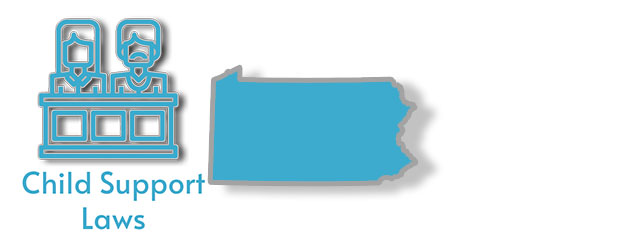South Carolina Child Support Laws
Everything you need to know about South Carolina child support laws, updated for 2020. South Carolina child support laws, according to the DSS, aim to create a system where children can count on their parents for the emotional and financial support necessary for a healthy and successful life. South Carolina child support laws, according to … Read more









